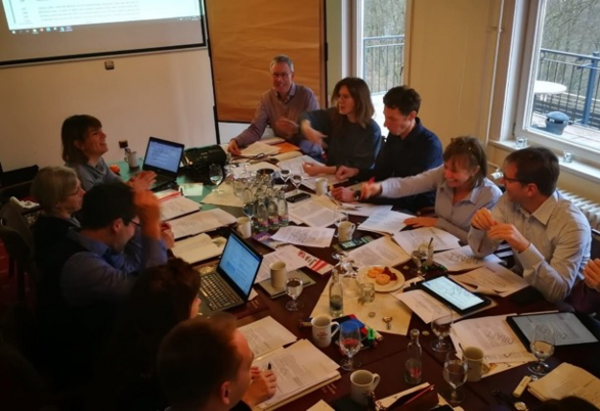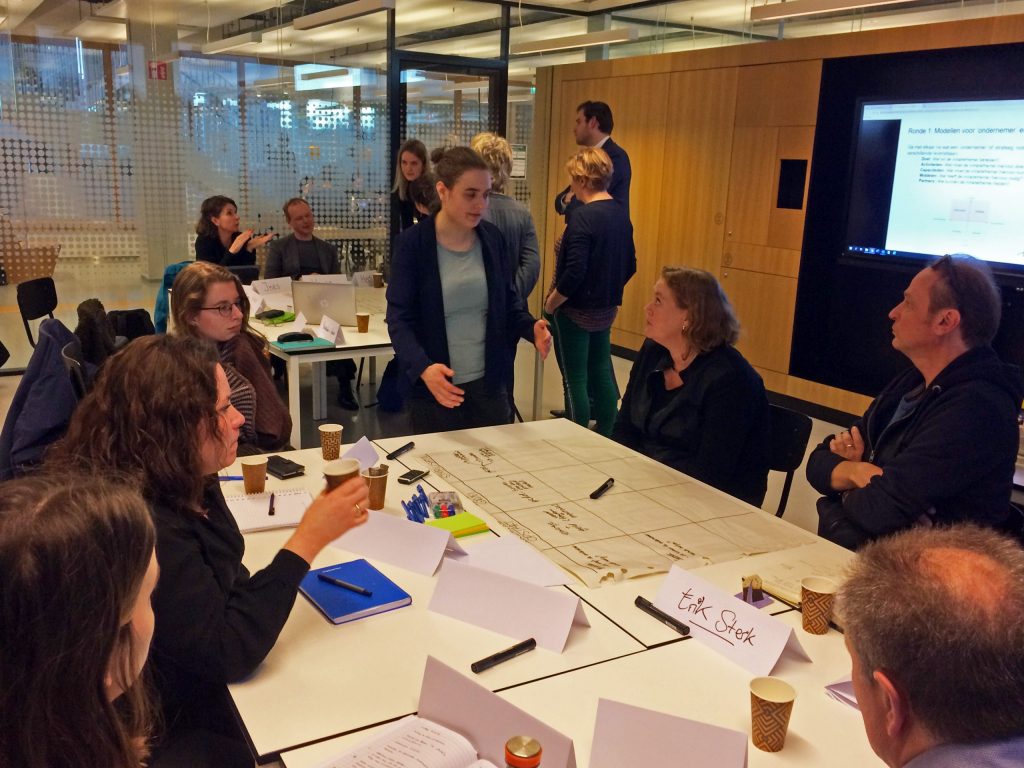Lea Scheurer
Senior Policy and Project Officer at the EUKN
Lea Scheurer is a social scientist engaged in the European dimensions of urban policymaking, multi-level governance, and the various aspects of cohesion. As Senior Policy and Project Officer at the EUKN, Lea works closely with EUKN member governments and other EU Member and Partner States. Together with the EUKN Director, she is responsible for the delivery of a project preparing the 2020 German Council Presidency in the field of urban development, including support to the drafting of the New Leipzig Charter and its Implementation Document, as well as linking these activities to the post-2020 strategic framework and to the Urban Agenda for the EU.




